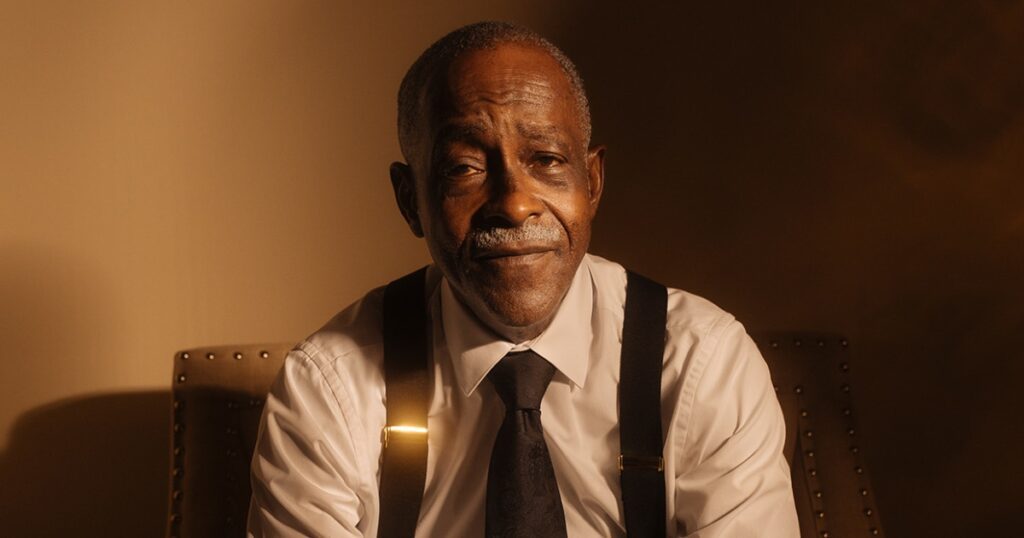Robert Johnson, a former corrections officer, faced a life-altering situation in March 2010 when a hitman targeted him, a plot organized by inmates at the South Carolina’s Lee Correctional Facility using smuggled cell phones. Johnson survived multiple gunshot wounds but could not return to work due to extensive bodily damage.
Aware of the ongoing issues of violence and drug trafficking facilitated by contraband cell phones, Johnson became an advocate for jamming technology to prevent this. However, a federal law from 1934 prohibits interference with public radio waves, thwarting his efforts. Johnson has since campaigned to change this law, speaking at law enforcement events and testifying before the FCC.
As of now, the FCC is set to vote on allowing the use of jammers in state prisons, a move that some believe could significantly impact prison safety. While supporters like South Carolina Corrections Director Brian Sterling advocate for jammers as a more effective solution than current managed access systems, industry groups worry about potential disruptions to legitimate communications outside prison walls.
Despite some legal uncertainties surrounding the proposed changes and concerns about broader implications, Johnson remains hopeful that these efforts will prevent similar tragedies from affecting others. His story has resonated with officials, including FCC Chairman Brendan Carr, who is familiar with Johnson’s case. Johnson describes the phones as “weapons of mass destruction” in prison and has undergone over 30 surgeries since the shooting.
Source link


